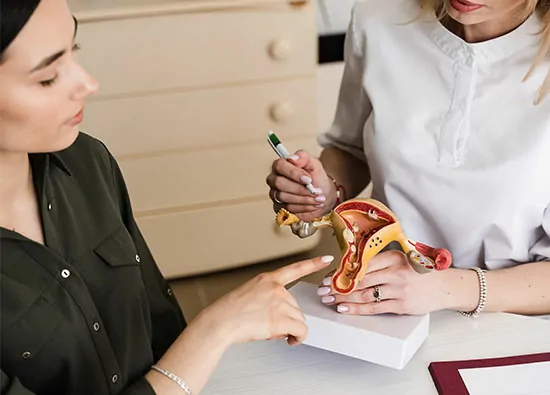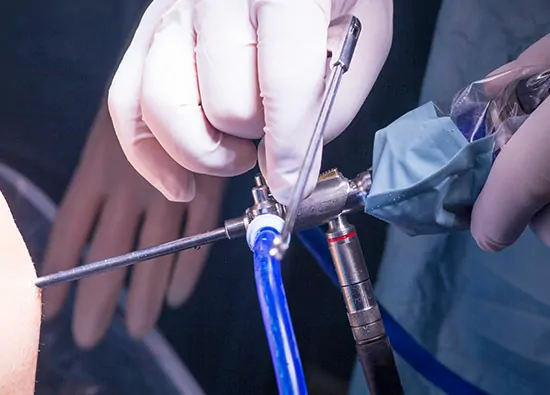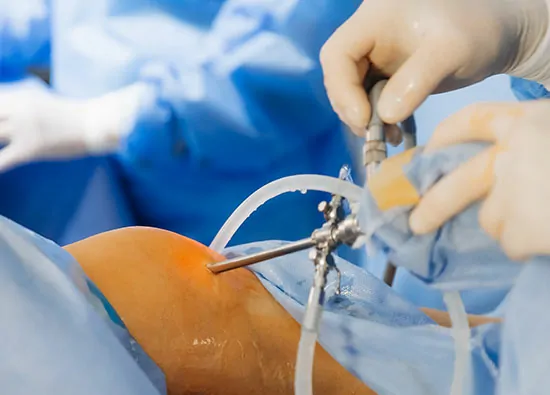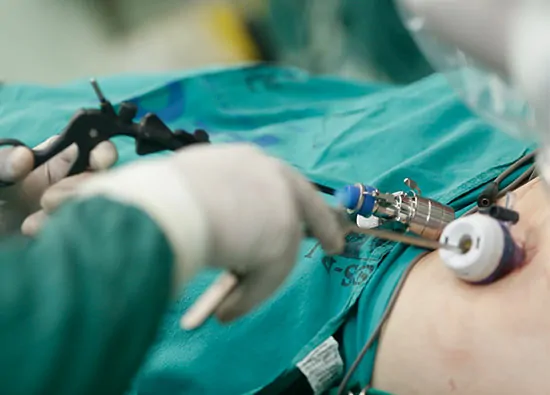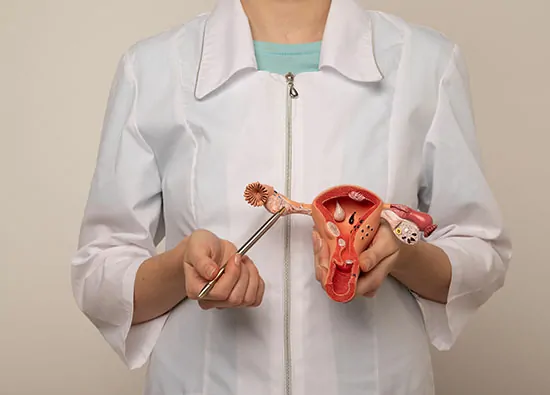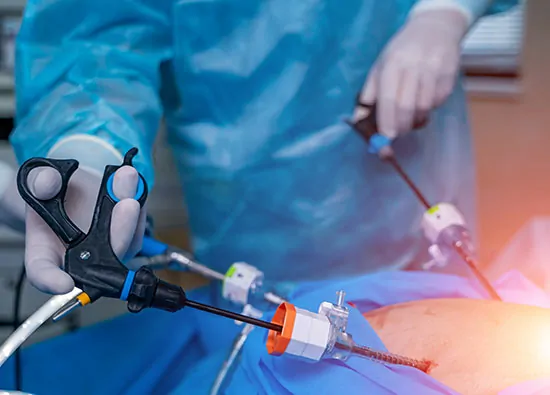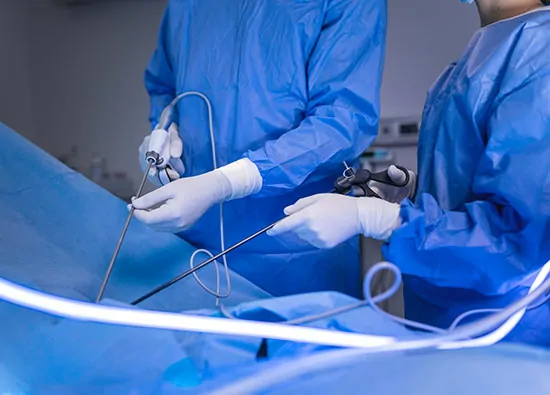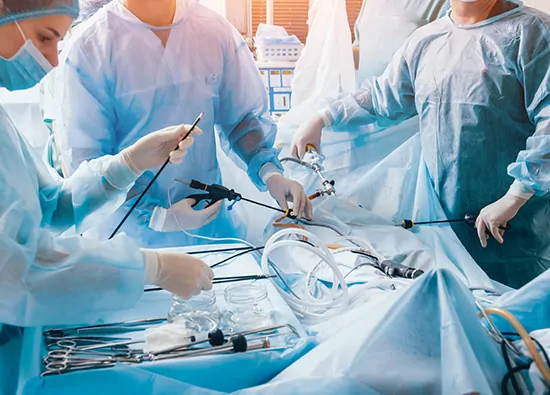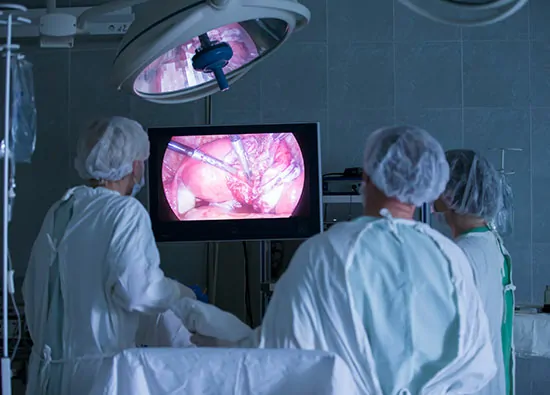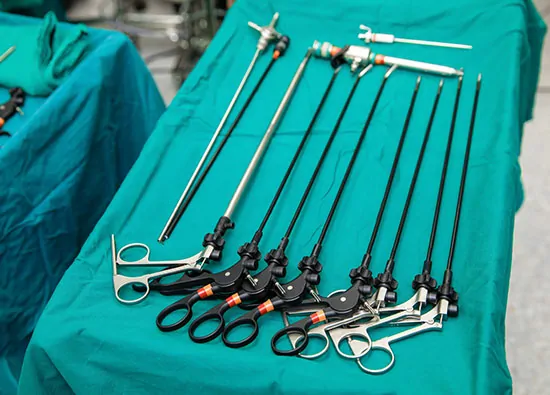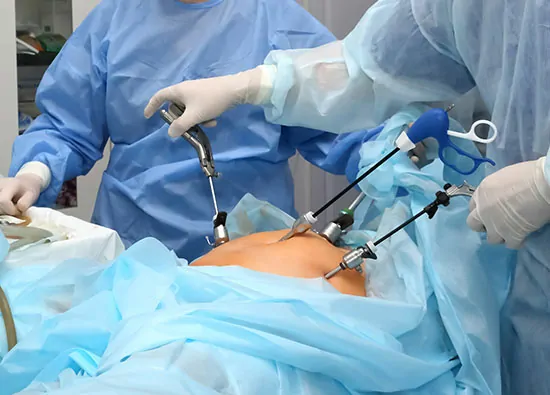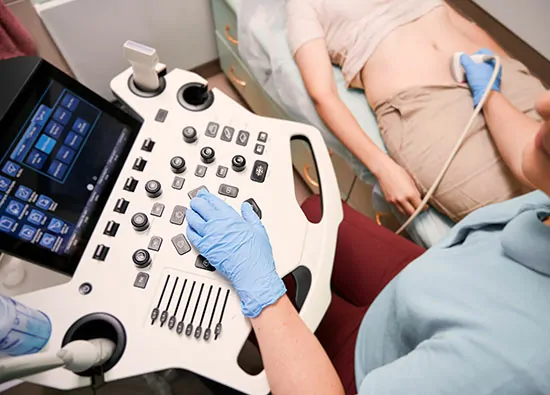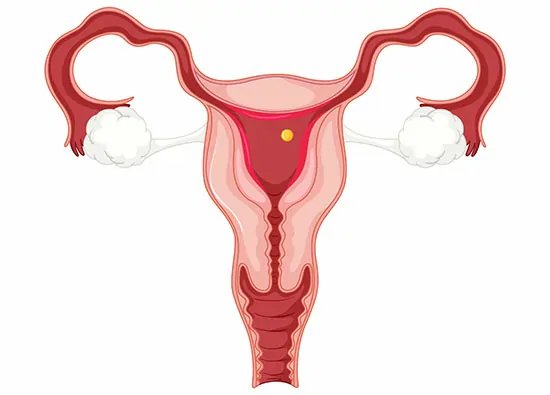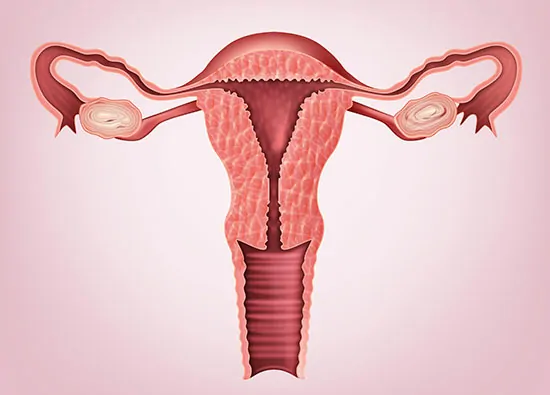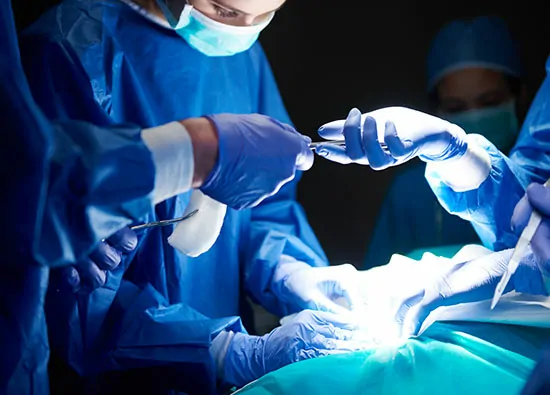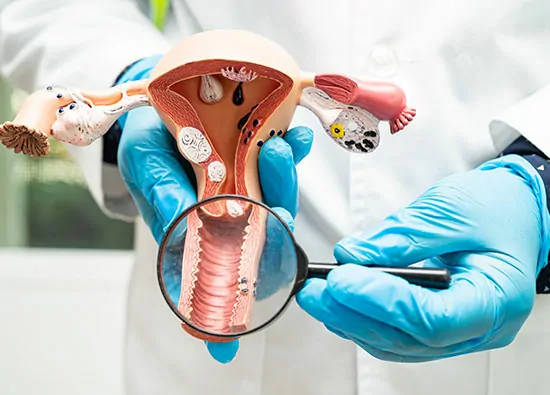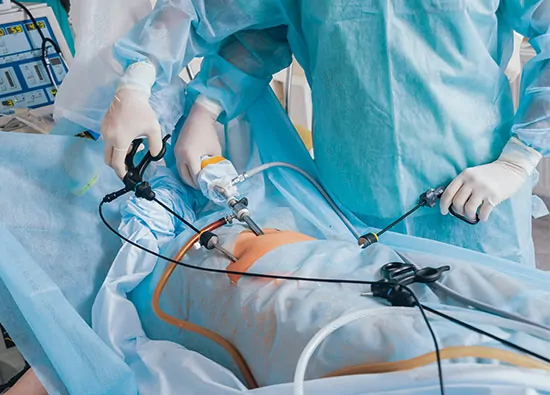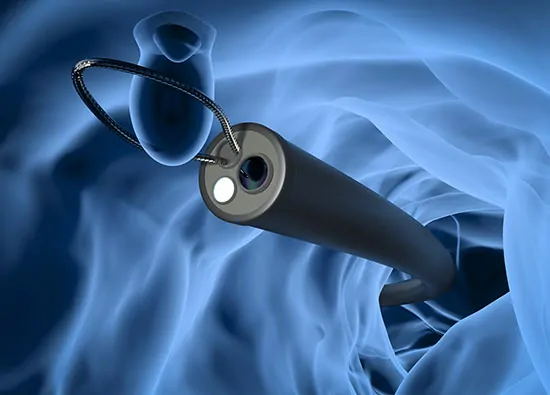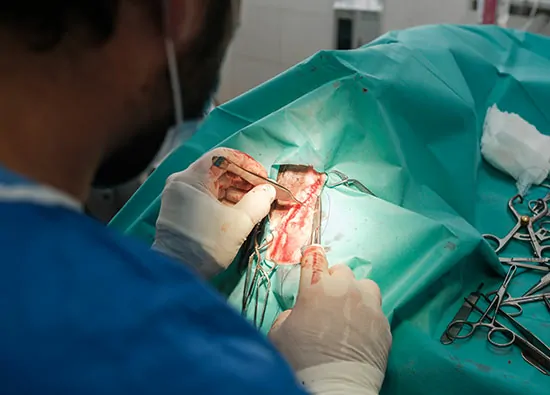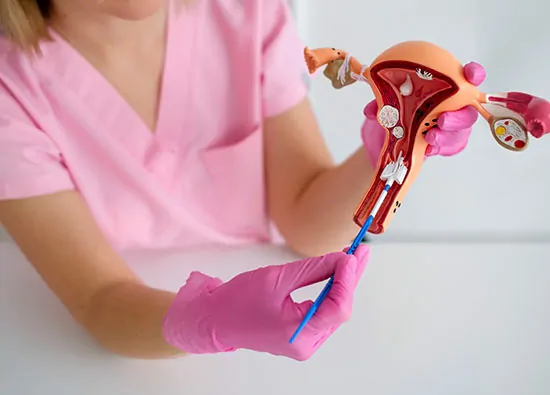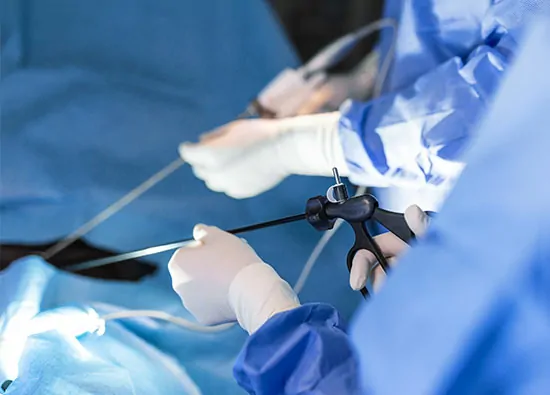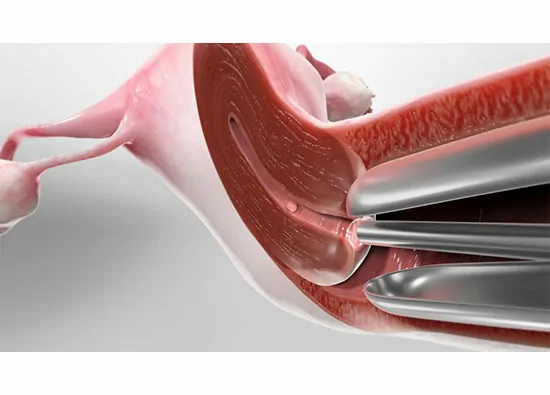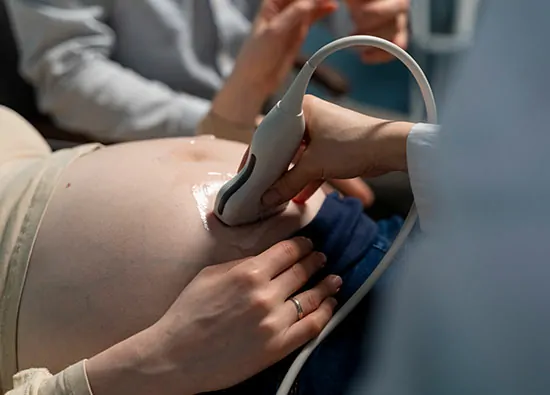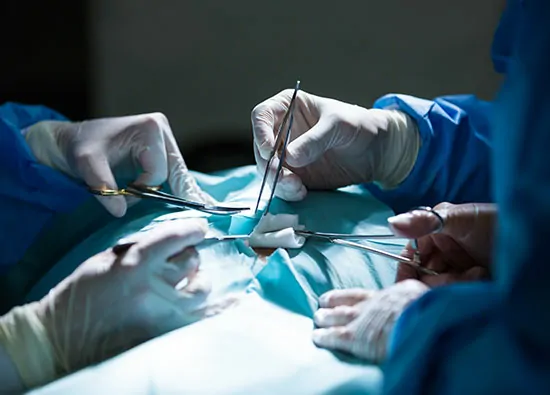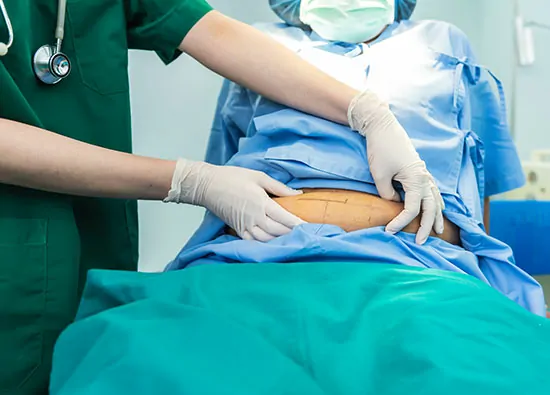Ovary Cyst Removal
Ovarian cysts are fluid-filled sacs that can develop on or inside the ovaries. While many cysts are harmless and resolve on their own, some can affect your fertility, menstrual health, and overall well-being.
Endometriosis Treatments
Endometriosis is a common yet often overlooked condition where tissue similar to the uterine lining grows outside the uterus, leading to pain, inflammation, and infertility.
Laparoscopy (Diagnostic) + DYE TEST
Laparoscopy and dye tests are performed to identify the issues affecting fertility in couples. Dye test is done to detect the blockages in fallopian tubes.
Hysteroscopy
Hysteroscopy is surgical procedure performed under general anesthesia along with insertion of telescope like instrument to uterus through cervix to examine the endometrial cavity for any abnormalities.
Hystero Laparoscopic + Endometeriotis + Adhesiolysis
Hystero-Laparoscopic surgery combined with endometriosis treatment and adhesiolysis to evaluate and treat infertility-causing conditions in a single session.
Laparoscopic Adhesiolysis
Laparoscopic Adhesiolysis, a minimally invasive surgical procedure designed to remove pelvic adhesions (scar tissue) that may be causing infertility, chronic pelvic pain, or menstrual irregularities.
Operative Hysteroscopy (Simple-Polyps)
Operative Hysteroscopy to safely and effectively remove uterine polyps, one of the most common yet often overlooked causes of infertility, irregular bleeding, and failed IVF cycles.
Operative Hysteroscopy (Simple-Adhesiolysis)
Operative Hysteroscopy for Adhesiolysis—a safe, minimally invasive procedure used to treat intrauterine adhesions (Asherman’s Syndrome).
Laparoscopic Sterilization
Laparoscopic Sterilization—a reliable and permanent method of birth control for women who have completed their families or no longer wish to conceive.
Laparoscopic Tubal Recanalisation
Open Tubal Recanalisation Surgery—a specialized procedure to reverse previous tubal sterilization (tubal ligation) and restore the natural function of the fallopian tubes.
Operative Hysteroscopy (Complex - Asherman)
Operative Hysteroscopy for the treatment of Asherman’s Syndrome—a complex condition involving dense intrauterine adhesions (scar tissue) that can affect a woman’s menstrual cycle, fertility, and pregnancy outcomes.
Hysteroscopy Instruments
State-of-the-art hysteroscopy instruments to perform both diagnostic and operative hysteroscopic procedures with the highest degree of accuracy and safety.
Operative Hysteroscopy
Operative Hysteroscopy, a minimally invasive procedure used to treat a wide range of intrauterine abnormalities.
Hystero Laproscopy (Diagnostic)
Diagnostic Hystero-Laparoscopy, a powerful combination procedure that helps accurately diagnose the causes of infertility, pelvic pain, and menstrual irregularities.
Tubal Cannulation
Tubal Cannulation, a non-invasive, fertility-enhancing procedure to treat proximal tubal blockages and restore tubal patency offering many women a chance at natural conception.
Hysterectomy (vaginal)
Vaginal Hysterectomy—a minimally invasive surgical procedure to remove the uterus through the vaginal canal.
Hystero Laparoscopy + Adhesiolysis
Hystero-Laparoscopy with Adhesiolysis—a combined minimally invasive procedure designed to diagnose and treat intrauterine and pelvic adhesions (scar tissue) that may be causing infertility, menstrual irregularities, or chronic pelvic pain.
Tubal Recanalisation (open)
Tubal recanalisation (open surgery) is a microsurgical procedure to reconnect or unblock fallopian tubes, helping women who have undergone tubal sterilization or those diagnosed with tubal blockages regain their ability to conceive naturally.
Hystero Laparoscopy + Ovarian Drilling
Hystero-Laparoscopy with Ovarian Drilling, a proven fertility-enhancing procedure for women diagnosed with Polycystic Ovary Syndrome (PCOS) who are not ovulating despite medical treatment.
Hystero Laparoscopy + Ovarian Cystectomy
Hystero-Laparoscopy with Ovarian Cystectomy—a comprehensive, minimally invasive procedure used to diagnose and treat ovarian cysts while simultaneously assessing the uterus and fallopian tubes.
Laparotomy
Laparotomy, a traditional open surgical technique used to access the abdominal and pelvic organs when minimally invasive procedures like laparoscopy are not suitable.
Operative Hysteroscopy (Simple-Coil Removal)
Sometimes intrauterine devices (IUDs) like Copper-T or hormonal coils may become embedded, misplaced, or difficult to remove through routine gynecological methods.
Laparoscopic Myomectomy
Laparoscopic Myomectomy, a minimally invasive surgery for the removal of uterine fibroids (myomas) while preserving the uterus.
Operative Hysteroscopy (Complex-Fibroid)
Operative Hysteroscopy for the removal of complex submucosal fibroids—a minimally invasive technique that allows safe and effective treatment of fibroids inside the uterine cavity without any incisions.
Laparoscopic Salpingectomy (ectopic pregnancy)
Laparoscopic Salpingectomy—a minimally invasive surgical procedure used to treat ectopic pregnancies, particularly when the fertilized egg is implanted in the fallopian tube.
Operative Hysteroscopy (Complex-Septum)
Operative Hysteroscopy for Septum Resection—a highly specialized, minimally invasive procedure to correct congenital uterine anomalies like a uterine septum.
Laparoscopic Salpingectomy (Bilateral)
Bilateral Laparoscopic Salpingectomy—the minimally invasive removal of both fallopian tubes.


